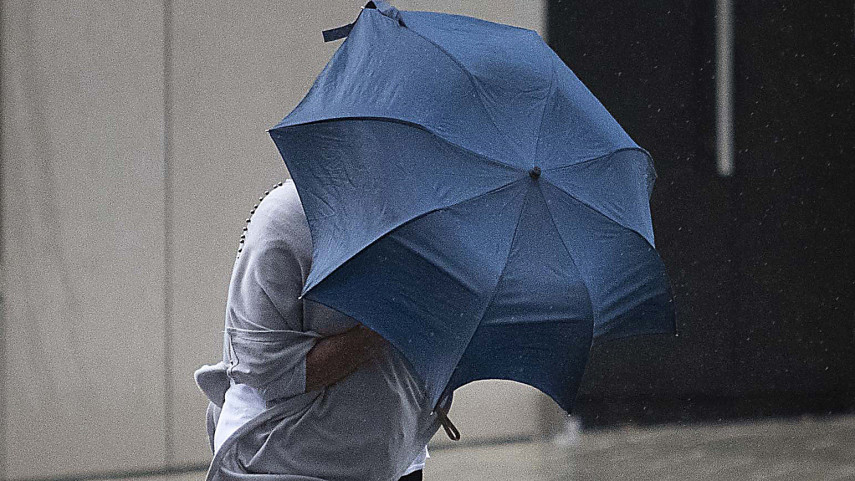
Winter storm due to hit Christchurch and Banks Peninsula

Share this story
Christchurch and Banks Peninsula residents should prepare for a winter storm tomorrow that will bring heavy rain, strong winds and possibly snow to some parts of the district.
“It is a going to be a nasty day with the possibility of flooding and slips so we need people to take sensible precautions and to avoid any unnecessary travel,’’ says Christchurch City Council Civil Defence and Emergency Management Manager Brenden Winder.
“Forecasts for Tuesday suggest that we could get up to 125 millimetres of rain on Banks Peninsula and 50 to 75 millimetres of rain in Christchurch and the Port Hills. The heavy rain will coincide with higher than normal tides so it is likely that we will get some flooding in low-lying coastal areas and around the rivers.
The first big high tide is due between 3 and 4pm Tuesday, which is likely to coincide with some of the most intense rain. The MetService is also warning of big waves from Tuesday afternoon through to Wednesday afternoon.
“We are taking the usual precautions to minimise the risk of flooding, but people who live in areas that are prone to flooding should start preparing. People who live on the hills should also be aware of the risks of slips.
“Conditions are likely to be worse on Banks Peninsula than in the city. Strong winds will accompany the rain on the Banks Peninsula and higher areas may even get some snow.
“We will have staff and contractors ready to respond to any issues that might arise. If you need help, please call our Contact Centre on 941-8999 or 0800 800-169. We will prioritise responding to calls where safety is an issue or where people’s homes and businesses are at threat.
“Please do not call the Contact Centre simply to report flooding on the roads. Our roads will cope with water ponding on them and it will drain away once the rain stops. It is important that we keep the Contact Centre phones lines available for those who genuinely need help,’’ Mr Winder says.
“If you have to be on the roads tomorrow, make that sure you drive to the conditions.
“There is likely to be surface flooding and possibly debris on the roads. If you have to drive through ponded water, please go as slowly as possible so that you don’t push water onto people’s property and cause damage,’’ Mr Winder says.
